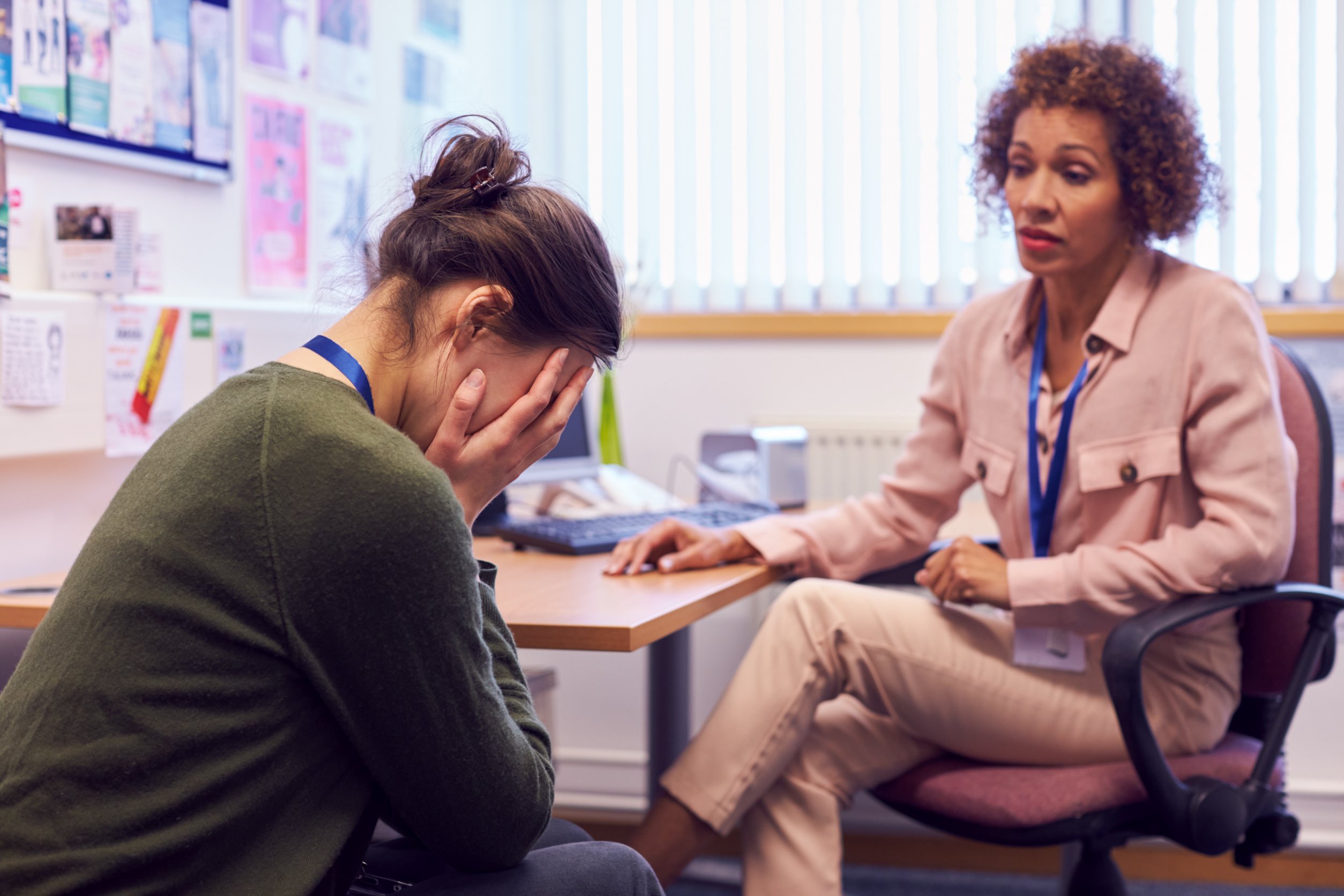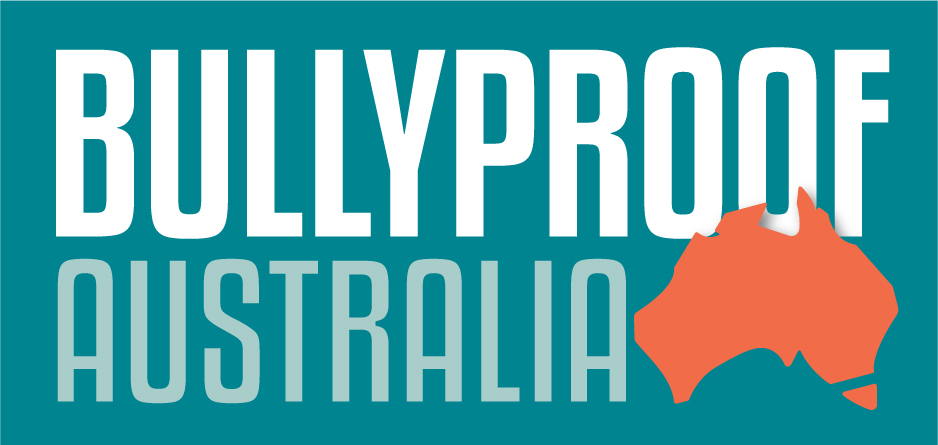Mental Health

There is a strong correlation between bullying, mental health and academic performance.
According to a report by Monash University, The need for mental health education in Australian schools (9 February 2021):
- One in seven Australian young people are affected by a mental disorder.
- Mental illness in young people can affect core areas such as education, achievement, relationships, and occupational success.
- A Headspace report conducted during the peak of the COVID-19 pandemic found approximately one in three young people experienced high levels of psychological distress. In Victoria, there was a 72% increase in 2020 of the number of serious self-harm and suicidal ideation presentations in emergency departments for young people, and an increase of 23% of mental health concerns presented in emergency departments compared with the previous year.
- Stigma towards mental illness, and a lack of mental health education, present a barrier to youth seeking help for mental health problems. However, research suggests that young people want to learn about mental health and coping strategies in school.
- Mental health encompasses more than mental illness; it includes educating people on how to nurture mental wellbeing, and seek help if necessary.
- The World Health Organisation states: “Mental health is a state of wellbeing in which an individual realises his or her own abilities, can cope with the normal stresses of life, can work productively, and is able to make a contribution to his or her community.”
- In this sense, mental health collectively includes prevention, promotion, and treatment. Until recently, mental health has followed a medical model, mostly associated with illness and treatment, rather than prevention and promotion.
According to a report by On the Line entitled, The Social and Economic Benefits of Improving Mental Health:
- the prevalence and impact of mental health issues in Australia represents a genuine health crisis that affects large sections of the population. In 2011, mental health issues were Australia’s third highest burden of disease, accounting for 12 percent of the total burden;
- almost half of the Australian population will experience a mental health issue during their lifetime and one in five Australians have experienced a mental health condition in the past 12 months; and
- mental health issues are estimated to cost the Australian economy up to $60 billion annually in health care, lost productivity and many other direct and indirect costs.
On the Line recommends grass roots community-based initiatives that help equip the population with resilience, coping skills and protective factors to help prevent, address and self-manage mental health issues where practical. Efforts are needed to increase the skills of Australians in coping, resilience, creating and sustaining social networks and teaching people how they can better support the people they care about.
Mental health-related issues experienced by children
Healthdirect state that kids can struggle with a range of issues as they grow up. Some of the common mental health-related issues they experience include:
- relationship problems (for example family, peers)
- eating or body-image issues
- bullying (including cyberbullying)
- abuse (physical, emotional or sexual)
- feeling sad or depressed
- worry or anxiety
- self-harm or suicide
About 1 in 7 children and adolescents aged 4 to 17 have recently experienced a mental health disorder in Australia.
Mental health of children - statistics
According to the 2015 Australian Government report, The Mental Health of Children and Adolescents. Report on the second Australian Child and Adolescent Survey of Mental Health and Wellbeing:
- one fifth (19.9%) of adolescents had very high or high levels of psychological distress;
- around one in ten 12-17 year-olds (10.9%) reported having self-harmed;
- about one in thirteen (7.5%) 12-17 year-olds had seriously considered attempting suicide in the previous 12 months;
- one third (34.3%) of 11-17 year-olds had been bullied in the previous 12 months; and
- three fifths (62.8%) of young people with major depressive disorder based on self-report had been bullied in the previous 12 months, and they were bullied more often.
We’re here to help
info@bullyproofaustralia.org.au
1300 881 650
Open Hours
Monday to Friday 8 AM – 5 PM
Refer a School
